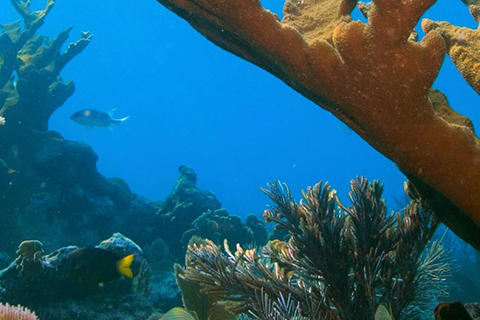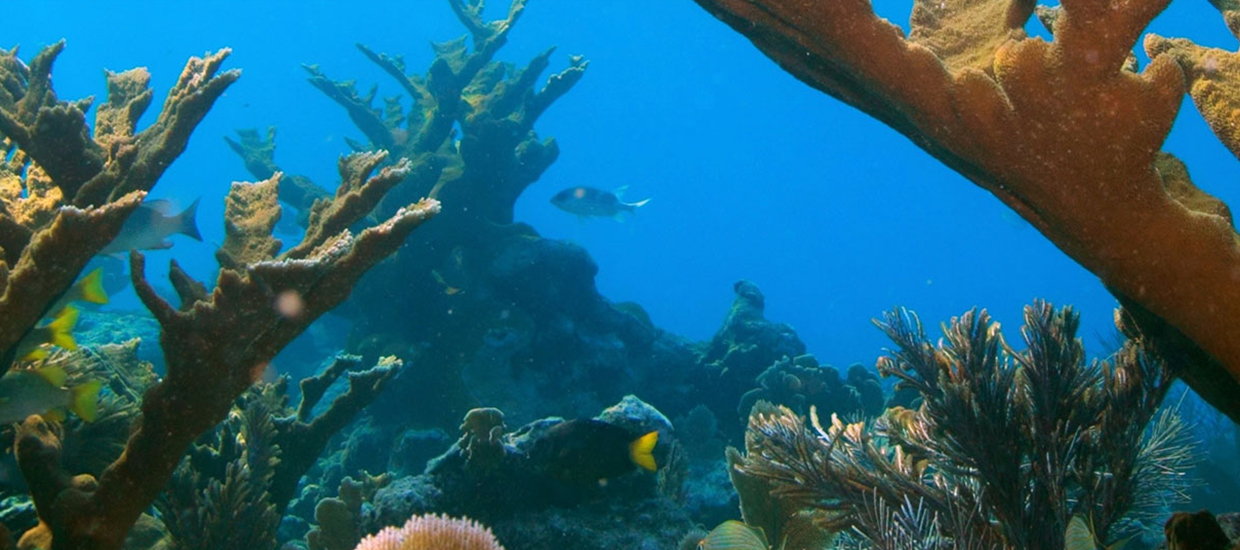The Master of Professional Science Degree in Tropical Marine Ecosystem Management provides students with advanced training in the theoretical aspects of tropical marine ecology, as well as the practical aspects needed to begin a career in this field. Theory focuses on nearshore, benthic ecosystems common to tropical and subtropical regions worldwide (coral reefs, seagrasses, and mangroves) and emphasizes threats facing these ecosystems. Practical aspects of the course include field methods and techniques, taxonomy and identification of common vertebrates, invertebrates, algae and marine plants, GIS and remote sensing of shallow water marine environments, scientific diving (through the American Academy of Underwater Sciences), and small boat handling (through the Department of the Interior’s Motorboat Operator Certification Course). This degree is excellent preparation for technical positions in marine conservation and management and marine ecosystem science at one of a number of state and federal agencies, institutions, and NGOs.
Tropical Marine Ecosystem Management (TME)
The MPS in Tropical Marine Ecosystem Management provides students with advanced training in the theoretical aspects of tropical marine ecology, as well as the practical aspects needed to begin a career in this field. Please see our departmental website for more information about this program.
Program Requirements






